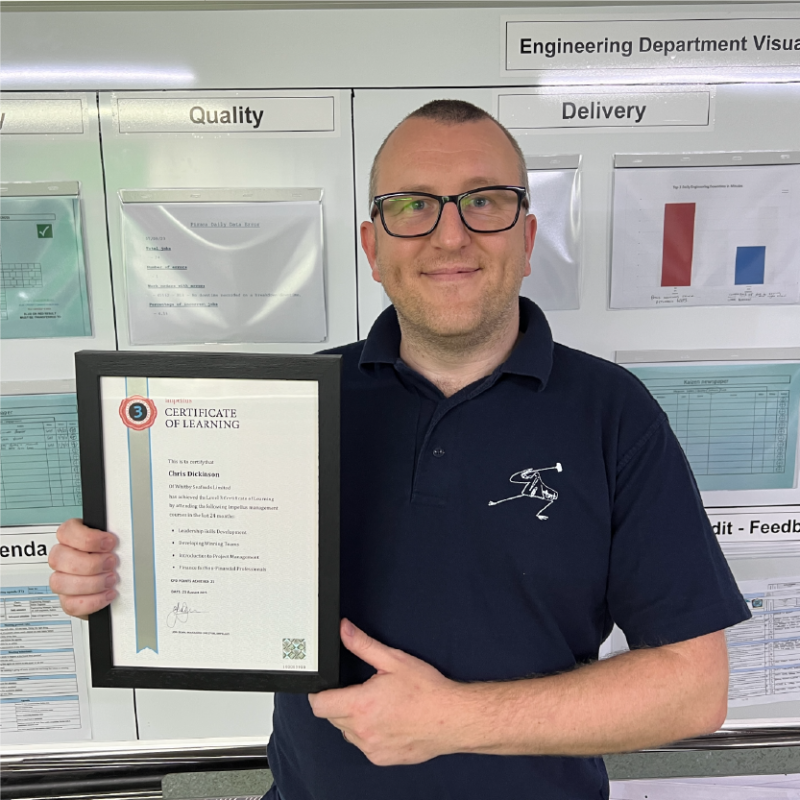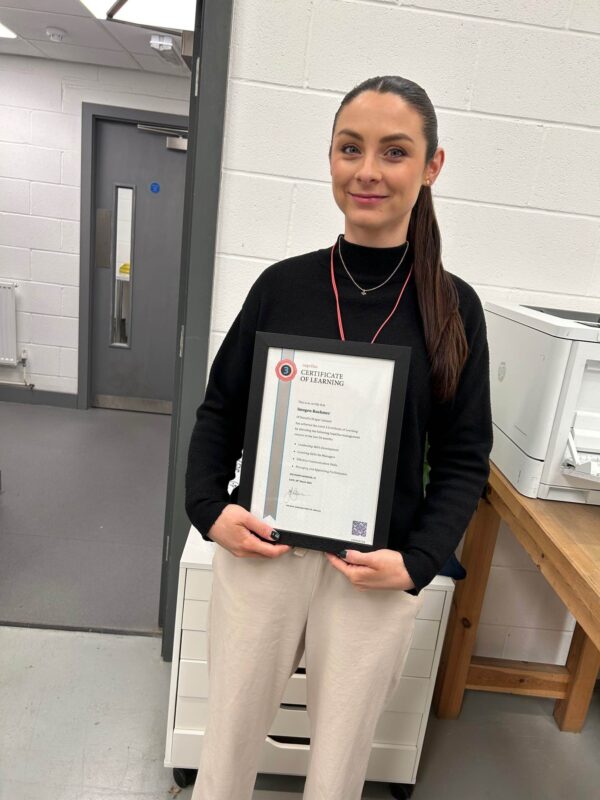Your Vision, Mission and Values are an integral part of your strategy. Not your sales message.
This week has seen the publication of the Francis Report which chronicles the appalling neglect of patients at Stafford Hospital between 2005 and 2009 resulting in the unnecessary deaths of up to 1,200 patients. In his report Robert Francis QC describes how patients were left ‘unwashed, unfed and without water’ while staff treated them and their relatives with ‘callous indifference’. He goes on to say that ‘there was a lack of care, compassion, humanity and leadership’.
The Francis report talks about a culture with many negative aspects including:
- A lack of openness to criticism
- A lack of consideration for patients
- Defensiveness
- Looking inwards not outwards
- Secrecy
- Misplaced assumptions about the judgements and actions of others
- An acceptance of poor standards
- A failure to put the patient first in everything that is done
The Mid Staffordshire NHS Foundation Trust website contains the following wording:
‘Our Vision is to be recognised as the safest and most caring Trust in the NHS’ by among other things, ‘Creating a culture of caring’ and ‘Listening, responding and acting on what our patients and community are telling us’.
The problem with Vision, Mission and Values statements is they’re often stuffed with hyperbole for the benefit of the outside world and subsequently forgotten by the leaders and managers of an organisation. This is not the purpose of identifying them in the first place. The Staffordshire NHS case is an extreme example of getting it wrong made all the more painful by the fact that the mistakes were funded by the taxpayer.
It’s OK for your values to say we’re cheap, basic, minimum standard if that’s what you’re perpetrating. If Poundland have a values statement I doubt it says a huge amount about ‘ultimate retail experience’. A Vision, Mission and Values statement must be honest and internal – it’s your strategy not your sales message.
Sir Terry Leahy, the man who built Tescos into a worldwide retailing giant says he spent 14 years repeating their values over and over again at every meeting, staff talk and opportunity. He claims, “Looking back, of all the things I did, communicating our values and strategy had perhaps the greatest effect”.
It’s important that everyone in your organisation knows what you stand for. It’s also important that you’re not hoisted by your own petard.























